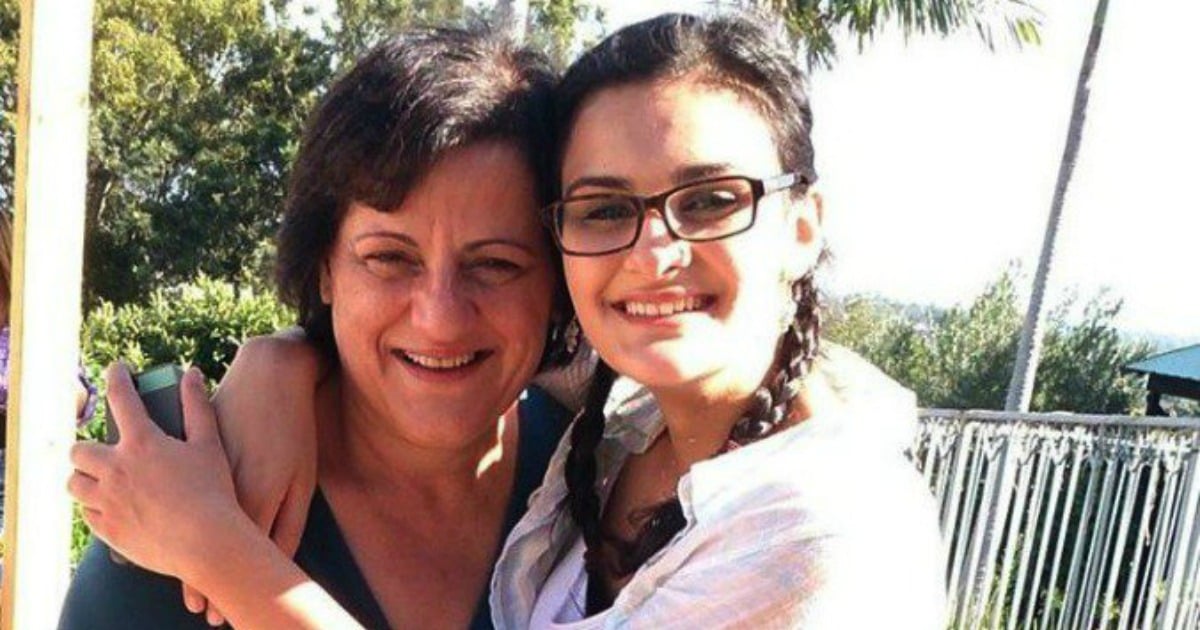If you’re suffering from Endometriosis or experiencing symptoms, always seek medical advice from your doctor for diagnosis and treatment options.
When I got my first period I walked out of the bathroom crying.
My mum told me, “Don’t be scared, it’s normal”. But getting your period in my family was never normal. That’s all thanks to endometriosis; an ugly and unspoken disease that afflicts the women in my family.
I will never forget the time my mother was in so much pain she could hardly see straight and crashed her car in the middle of the city.

I will never forget the family holiday we took to Hong Kong, when my sister was close to haemorrhaging, barely able to walk 100 metres in a shopping centre before having to run to a bathroom. She was bedridden for days, so pale and weak from the loss of blood.


